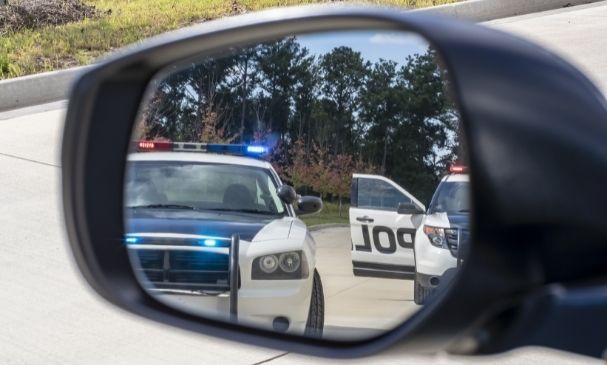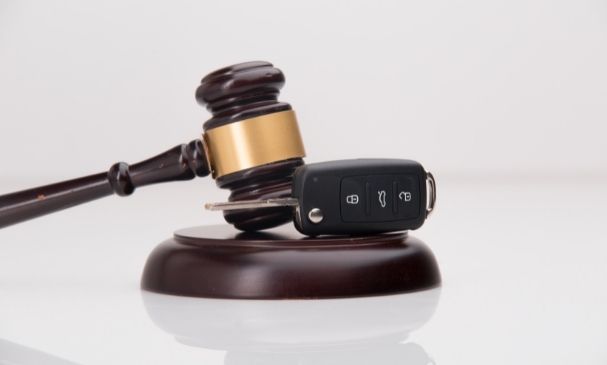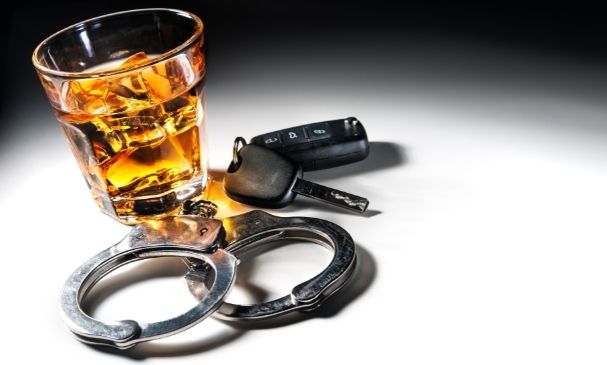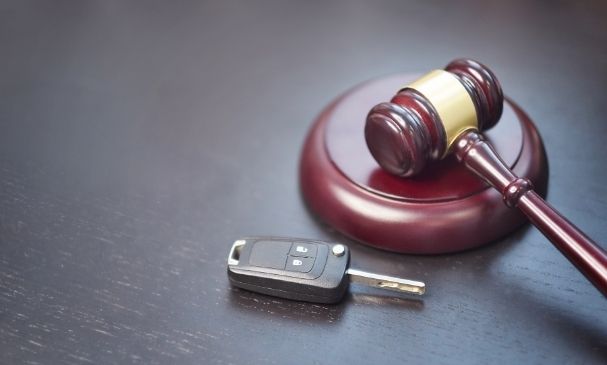Signs of Road Rage To Watch Out for While Driving
In most cases, recognizing road rage while it is happening is important to your safety and the safety of others around you. While the signs of road rage might not be evident to the average passerby, those who know what to look for will immediately be able to recognize when they are the victim of road rage. Defensive driving after you recognize you’re in the middle of a road rage incident becomes a lot easier. Without further ado, here is how you can recognize road rage while driving and what you should do after you see it.











Recent Comments